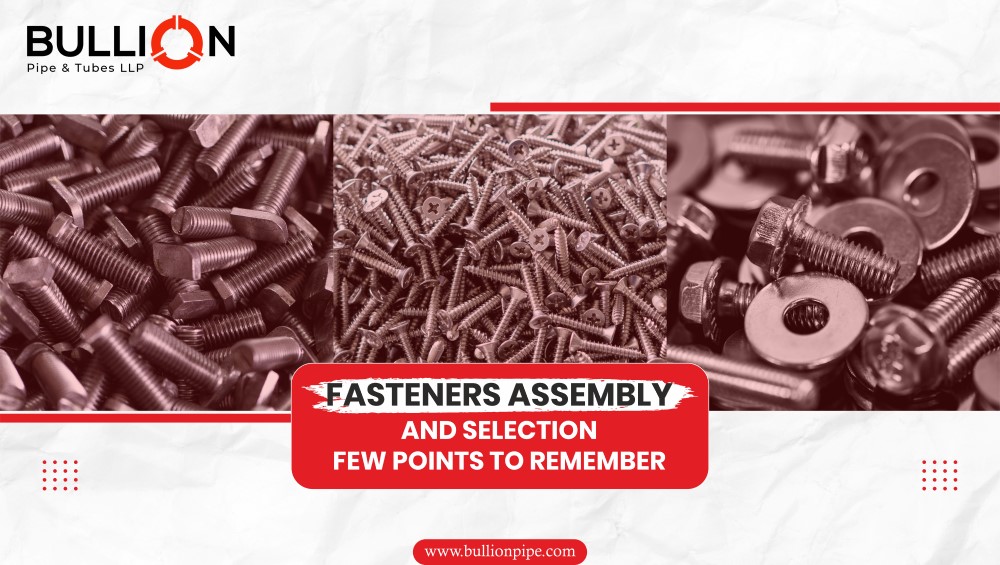Fasteners are small metal parts yet crucial in all industrial sectors like manufacturing, automotive, and construction. These small metal parts are inevitable and demand a lot of knowledge on the user’s part to utilize them wisely.
Using the right different types of fasteners is vital in any product that you are manufacturing. Added to this is the best practice and way of using and assembling them.
So, how do we effectively use and assemble a fastener? Read on to see:
- Are you making the right choice?
One of the first steps to using a fastener wisely is choosing the right fastener. Fastener are of various kinds, and the right one for you depends on several factors as follows:
- What is the fastener application?
The thing you need to know here is that fasteners fall into two broad categories.
Some are low-cost and made of plastic. These fasteners would suffice for products that usually won’t be opened.
For products that are going to be regularly opened and closed, on the other hand, it would be wiser to invest in high-quality threaded fastener that usually come in metal and have a more robust feel.
- Do you know the specifications?
You will be unable to choose the right fastener types if you do not know the specifications of your product. When you say specifications, one of the first things you have to look at is sizes, materials, and functions.
Now, once you know all this, you can make the right choice based on the requirements of your product.
Know that this is very important as choosing the wrong fastener can give you a lot of problems later by way of damage or simply poor performance, which you can easily avoid.
- What is the environment in which the fastener will operate?
One of the biggest things you need to remember when dealing with fasteners is the environment in which they will function.
Environmental factors are one of the biggest reasons for the deteriorating performance and quality of fasteners. This is why you need to always take care, especially at the moment of installation.
For instance, if your applications subjecting fasteners to saltwater require the use of fasteners that come made with stainless steel. Stainless steel prevents rusting and helps the fasteners to maintain their strength. The right grade of stainless steel fasteners is also crucial. Bullion Pipe & Tubes LLP offers 316 stainless steel fasteners suitable for saltwater applications.
- Are you using the right lubricants?
Using lubricants is one of the most effective ways to maintain a fastener and an inevitable step to ensure that they remain long-lasting and perform better. Lubricants prevent issues like galling by hindering the oxidation process.
The right lubricant can go a long way in preventing rust and other issues from causing damage to your fasteners. For the best results, try to also use lubricants at the time of installation of the fasteners.
- Are you opting for the wrong metal combination?
Most people use aluminum and stainless steel combinations for fastener installation. However, this can be detrimental to the performance of the fasteners. Using these metals together can lead to the electrons getting transferred between the two materials, thus leading to galvanic corrosion and hindering the fastener’s performance.
- Are you over-tightening your fasteners?
Fastener require tightening, but it requires care while doing so. Over-tightening the threaded fastener can lead to thread damage, degrade bolt strength, and weaken the project for long life.
Fastener requirements? Connect with Bullion Pipes today!
Fastener selection and assembly are crucial factors that determine project life. It is also essential to utilize the best quality fasteners that work effectively and last a long time.
Bullion Pipe & Tubes LLP is a leading fasteners manufacturer offering different types of fastener, forged fittings, and flanges. The company offers high-quality, durable, and reliable fastener. Explore the extensive range of fasteners at Bullion Pipes today!





